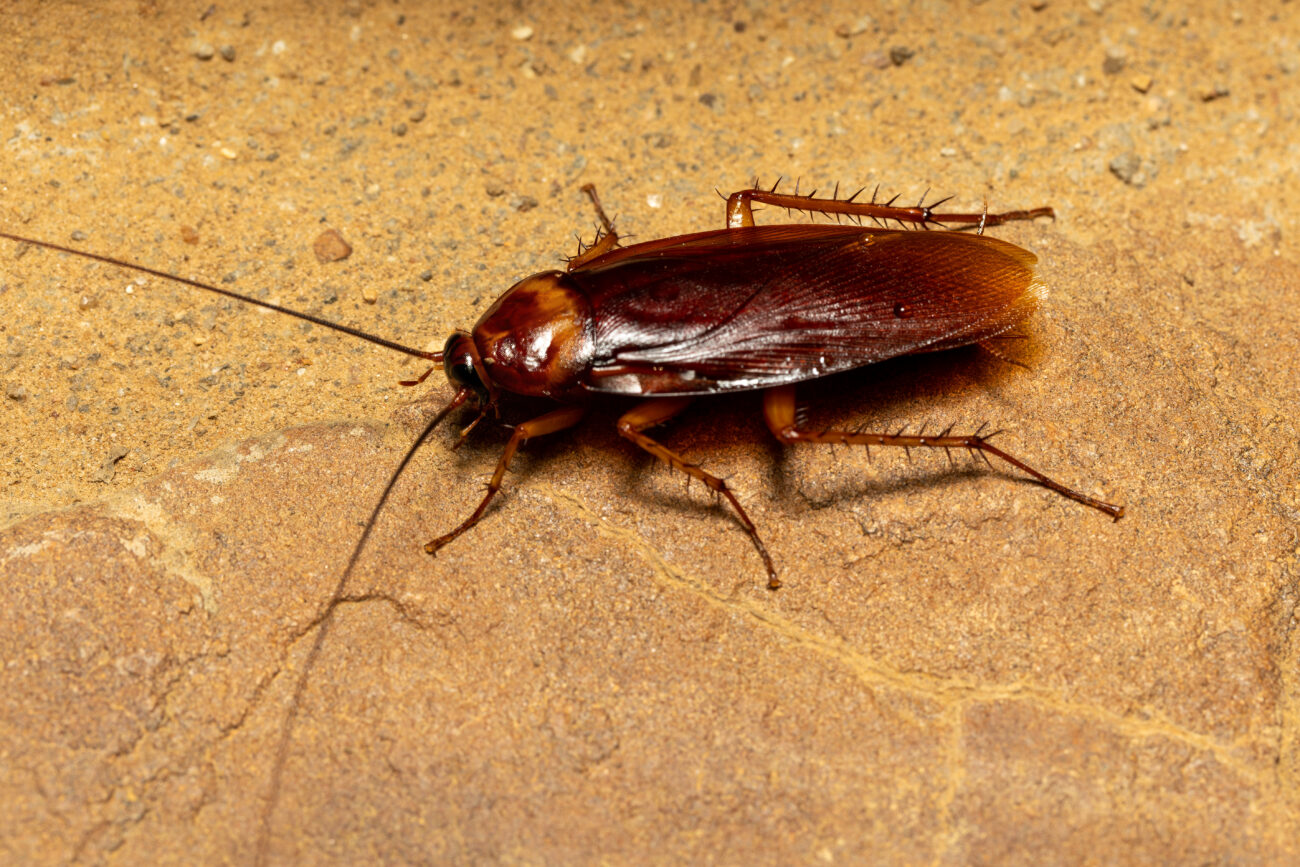Cockroaches are among the most unwanted guests in any home. These resilient pests not only spread germs but also make a living space uncomfortable. If you’ve ever turned on the light at night only to see a cockroach scurrying across the floor, you know how unsettling it feels.
Fortunately, with the right approach to cockroach pest control, you can reclaim your home and keep these critters away. This guide offers simple, effective, and safe methods to handle infestations, prevent future ones, and maintain a hygienic space.
Why Cockroaches Are a Problem
Cockroaches are not just creepy—they pose real risks to your health and environment.
- They carry bacteria like E. coli and Salmonella.
- Their droppings can trigger allergies and asthma.
- They multiply rapidly, making infestations hard to control.
- They contaminate food, kitchen surfaces, and utensils.
Understanding these risks highlights why pest control and extermination are crucial steps in protecting your household.
Signs of a Cockroach Infestation
Not all infestations are obvious at first. Cockroaches are nocturnal and often hide in dark corners. Watch out for these signs:
- Sightings at night – spotting cockroaches after dark.
- Droppings – tiny black specks resembling ground pepper.
- Egg casings – oval-shaped capsules hidden in corners.
- Musty odor – a strong, unpleasant smell in infested areas.
- Smear marks – dark trails along walls or floors.
Causes of Cockroach Infestation
Cockroaches thrive in environments that provide food, water, and shelter. The most common causes include:
- Uncovered food and dirty dishes left overnight.
- Moisture from leaking pipes or damp bathrooms.
- Clutter such as cardboard boxes and newspapers.
- Cracks and crevices that serve as hiding spots.
By eliminating these conditions, you create an environment less attractive to pests.
Natural Methods of Cockroach Pest Control
If you want a safe, chemical-free way of tackling cockroaches, natural methods are highly effective:
- Baking soda and sugar – sugar attracts cockroaches, while baking soda kills them when ingested.
- Bay leaves – their strong scent repels cockroaches naturally.
- Cucumber peels – fresh peels are a natural deterrent.
- Diatomaceous earth – a fine powder that damages cockroaches’ exoskeletons, causing dehydration.
- Soap and water spray – suffocates cockroaches when sprayed directly.
These remedies are ideal for households with children or pets since they minimize exposure to harsh chemicals.
Chemical Methods of Cockroach Pest Control
Sometimes infestations require stronger solutions. Chemical-based methods can be effective when used carefully:
- Cockroach baits – poisoned food lures that cockroaches take back to their nests.
- Insecticidal sprays – effective for immediate elimination in exposed areas.
- Boric acid – toxic to cockroaches when ingested, often applied near cracks and corners.
- Cockroach gels – long-lasting formulas applied in hidden crevices.
When using these products, always follow instructions for safety and avoid overuse.
Preventive Measures for a Cockroach-Free Home
Prevention is always better than extermination. By adopting simple daily habits, you can keep cockroaches away:
- Keep food covered and stored in sealed containers.
- Wash dishes immediately after meals.
- Fix leaks in sinks, bathrooms, or pipes.
- Vacuum and mop floors regularly.
- Seal cracks in walls, floors, and around windows.
- Declutter by removing unnecessary paper, cardboard, and fabric.
With these practices, your home becomes far less appealing to cockroaches.
Where Cockroaches Hide in Homes
To effectively tackle infestations, you must know their favorite hiding spots:
- Kitchens – under sinks, inside cabinets, behind stoves.
- Bathrooms – near drains, behind toilets, under mats.
- Laundry rooms – in cracks near appliances.
- Basements – dark and damp corners.
- Storage boxes – old newspapers, books, and cardboard.
Targeting these areas during cleaning and treatment ensures maximum effectiveness in pest control and extermination.
DIY Cockroach Traps
Homemade traps can help reduce cockroach populations in a non-toxic way. Some easy options include:
- Jar trap – coat the inside of a jar with petroleum jelly, place food bait at the bottom, and cockroaches won’t escape.
- Tape trap – double-sided sticky tape with crumbs as bait.
- Bottle trap – cut a plastic bottle, invert the top, add bait, and cockroaches fall in but can’t climb out.
These traps are cost-effective, eco-friendly, and simple to set up.
Health Benefits of Effective Pest Control
A successful cockroach pest control strategy offers more than just peace of mind. It also protects health and hygiene:
- Reduces risk of food contamination.
- Minimizes asthma and allergy triggers.
- Lowers the spread of harmful bacteria.
- Promotes a cleaner and more comfortable environment.
This makes pest control not just about convenience but also about well-being.
Tips for Long-Term Cockroach Prevention
- Regular deep cleaning in kitchens and bathrooms.
- Inspect groceries and bags before bringing them inside.
- Keep drains clean with hot water or natural cleaners.
- Rotate garbage frequently and use covered bins.
- Schedule routine checks even if no infestation is visible.
Consistent maintenance prevents cockroaches from returning and ensures lasting results.
Frequently Asked Questions (FAQs)
1. What is the most effective way to get rid of cockroaches?
The best method combines natural remedies and chemical treatments with preventive cleaning. A multi-step approach works faster and prevents re-infestation.
2. Can cockroaches survive without food?
Yes, cockroaches can survive up to a month without food but only a week without water, making moisture control vital.
3. Are natural remedies as effective as chemical methods?
Natural remedies work well for mild infestations, while severe cases may require chemical solutions for complete extermination.
4. How do I know if my cockroach problem is severe?
If you see cockroaches during the day, find egg casings frequently, or notice a strong odor, it’s usually a sign of a large infestation.
5. Can cockroaches come back after extermination?
Yes, if preventive steps are not taken. Regular cleaning, sealing entry points, and monitoring are crucial for long-term success.
